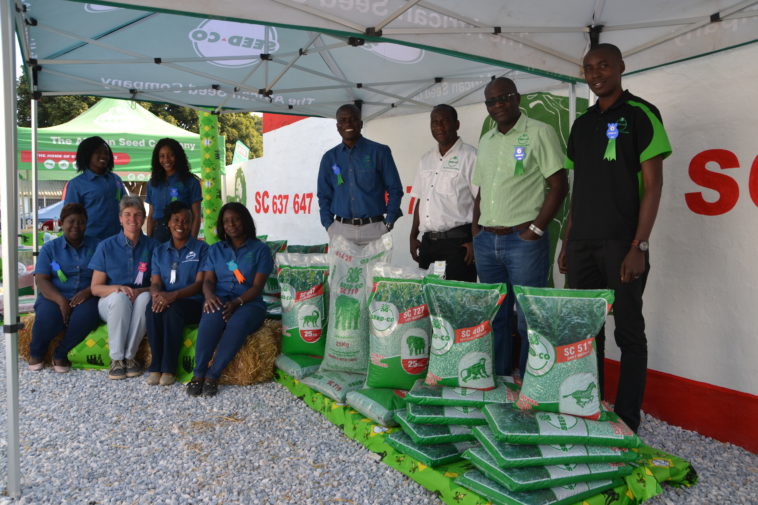Vegetable unit grows Seed Co earnings
Seed Co Limited’s vegetable seed processing, Prime Seed Co’s turnover performance for the full year to March 31, 2023 was supported mainly by exports and local US dollar-denominated sales to non-governmental organisations (NGOs).
The NGO sector is mostly instrumental in helping vulnerable members of communities, especially in rural areas, alleviate hunger by capacitating communities in various ways such as by providing agriculture inputs. In the dry regions of the country, the sector also steps in with mechanisms that tackle drought-induced food insecurity.
Through the subsidiary, Prime Seed Co, trading as Seed Co Vegetables, the group has constantly churned out seed varieties ranging from tomatoes, cabbages, cucumbers and sugar beans to address farmers’ need for cost-effective high yielding seed vegetables as well as for ordinary backyard cultivation.
Seed Co Vegetables was established in 2014 through the acquisition of Prime Seeds, which is one of its joint ventures and associates.
Seed Co Limited group chief executive officer Morgan Nzwere said the vegetable seed unit was also supported by US dollar sales, which have been critical in meeting the firm’s foreign currency requirements at a time the country has a limited supply of forex on the official market.
The business relies on imports for its seed hybrids.
“The US dollar sales help the supply-side of the business that is largely dependent on imported vegetable seed hybrids,” Mr Nzwere said at an analysts briefing recently.
Its bottom line performance was, however, impacted by finance costs resulting in the business posting an inflation-adjusted profit of $100 million, compared to $200 million which was recorded in the prior year.
But the group is upbeat about seeing growth in market share, and growth in volumes, which will translate to growth in bottom line.
The group has also overall emphasised research and development across its units in an effort to meet the growing demand for seed varieties, especially early maturity and high-yielding crops.
The initiatives are also informed by the need to help farmers make meaningful earnings from vegetable production, therefore the need to continuously develop new varieties that are cost-effective as well as that answer to the growing needs of the market.
Already, indications are that through increased investments in research and development, there have been improvements in farmers’ yields and vegetables quality, enhanced forgotten currency earnings for farmers through the export of vegetables as well as partnership with export consortiums for export crops production.
This also comes at a time big markets like Europe also rely on vegetables from Africa creating scope for serving that market as well as promoting healthy lifestyles through adopting diets skewed towards vegetables.-herald











